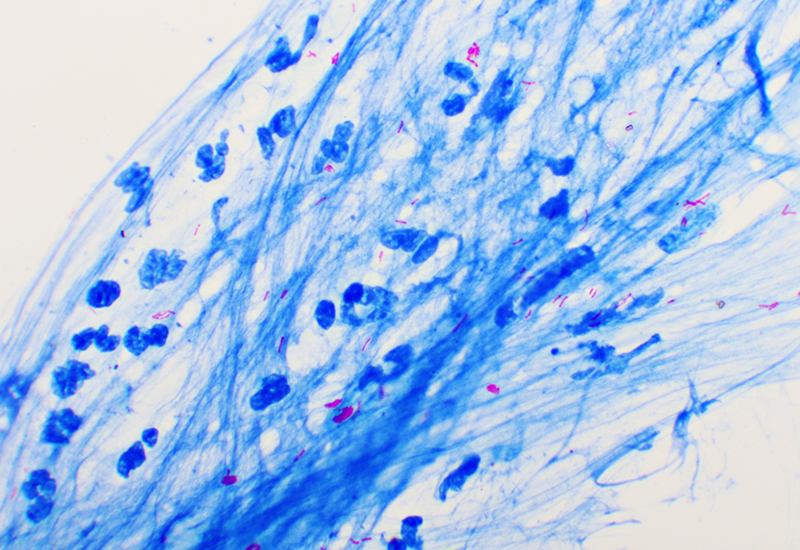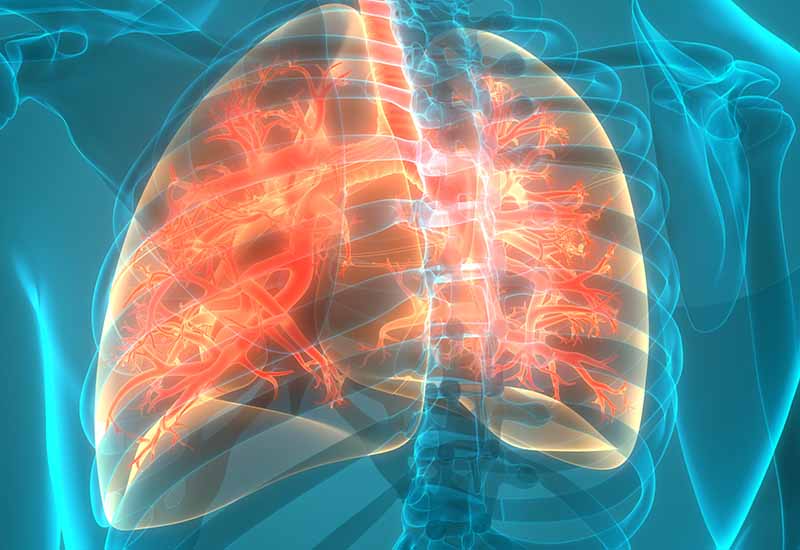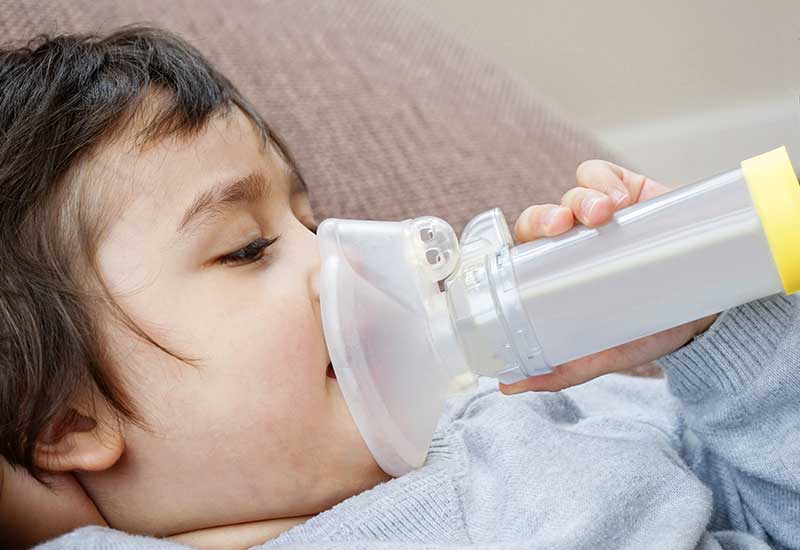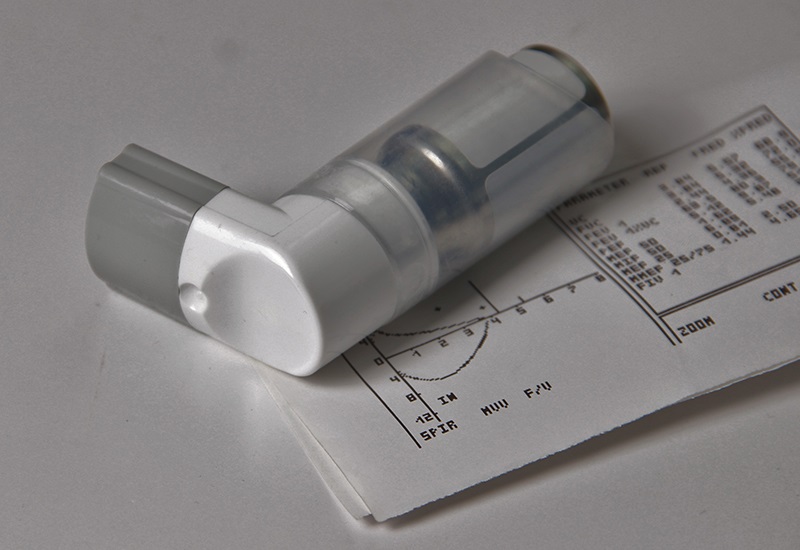Childhood Asthma Research
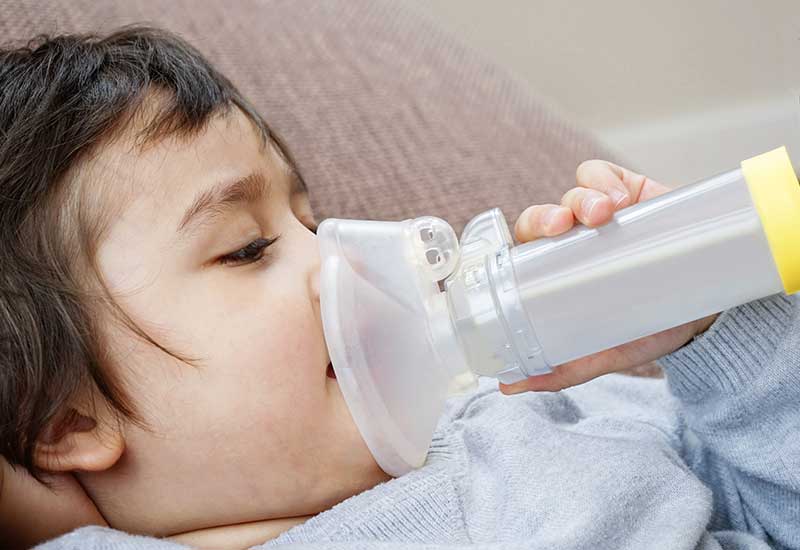
WHAT IS CHILDHOOD ASTHMA?
Asthma is a disease of the airways and can be present in children from a very young age. Children who have asthma may experience wheeziness, chest tightness, cough and shortness of breath. Asthma is more common in children than adults and we do not know why some children grow out of their asthma and some children’s asthma persists. Childhood asthma is more common in boys than girls and recent estimates report that 1 in 10 Australian children have asthma.
WHAT WOOLCOCK RESEARCHERS ARE DOING FOR CHILDHOOD ASTHMA
Our researchers are interested in childhood asthma because of the opportunity to change the course of the disease early on in life. We have been actively involved in trying to prevent the development of asthma through our Childhood Asthma Prevention Study (CAPS). The CAPS study has been underway for 15 years now and many of the children are teenagers. Our focus has now shifted to looking at early life factors that may be associated with asthma and cardiovascular disease during adolescence.
We are also very interested in air quality and its effect on children’s health. Children spend a fair bit of time outdoors and travel to and from school most days, so they are breathing in air that contains vehicle emissions. We have been working with researchers at Queensland University of Technology to investigate the effect of Ultrafine Particles from Traffic Emissions on Child Health in our UPTECH study. These are the very smallest of particles that can make it a long way down into the lungs. It is not only pollution that is implicated in childhood asthma but infections such as the common cold. The SAVE Study of Asthma, Viruses and Environment, funded by the National Health and Medical Research Council, is exploring the role of virus infections, allergy, allergen exposure, vitamin D and medications on the worsening of asthma symptoms. With a greater understanding of these environmental factors we may be able to prevent severe asthma attacks and provide improved disease management.
At a fundamental level, our researchers are using state-of-the-art technologies to understand what genes and environmental factors are responsible for cellular changes that lead to asthma and asthma attacks. As we gain a greater knowledge of this disease, we can develop new approaches to treatment.
At the patient level, our researchers are working to understand how we use and interact with our medicines. We are exploring ways in which the lungs can be monitored to predict asthma attacks. We develop education programs for both the asthma sufferer and medical practitioner. We are developing advanced delivery technologies and work with children to make more usable and patient-friendly devices. We are committed to improving communication about asthma management and medication use for children with asthma.


